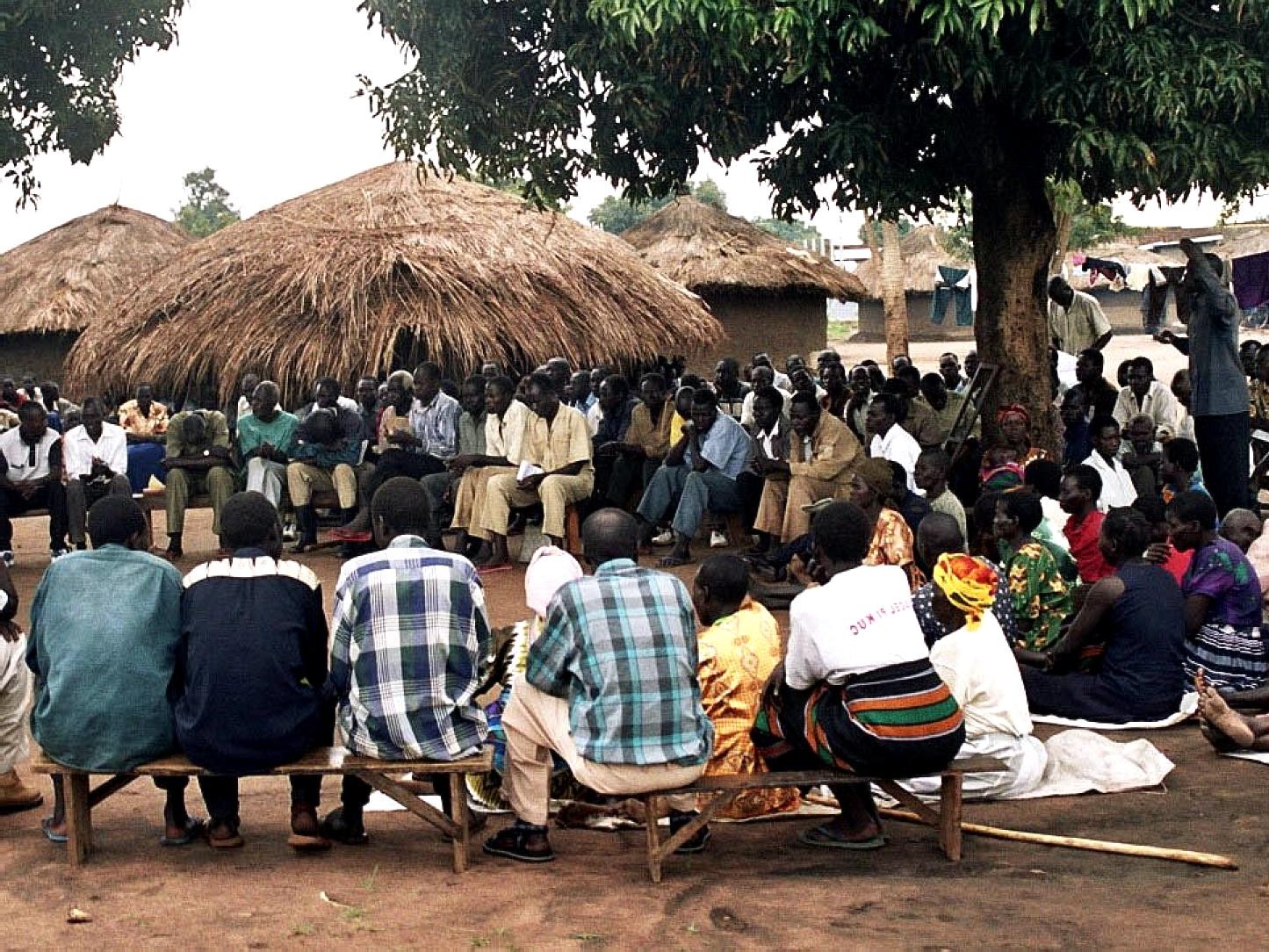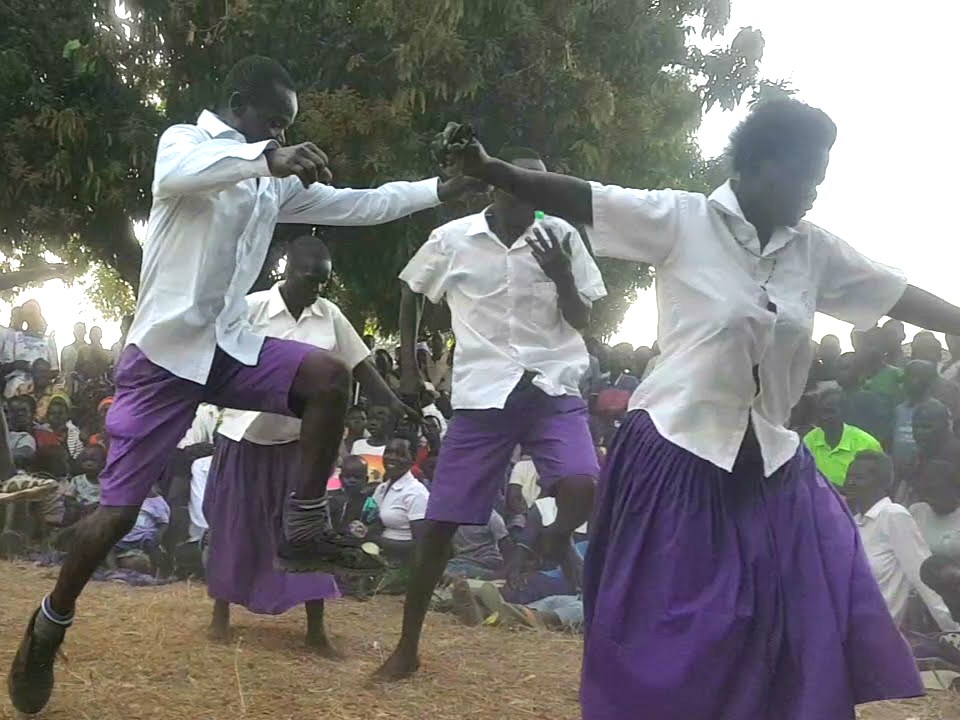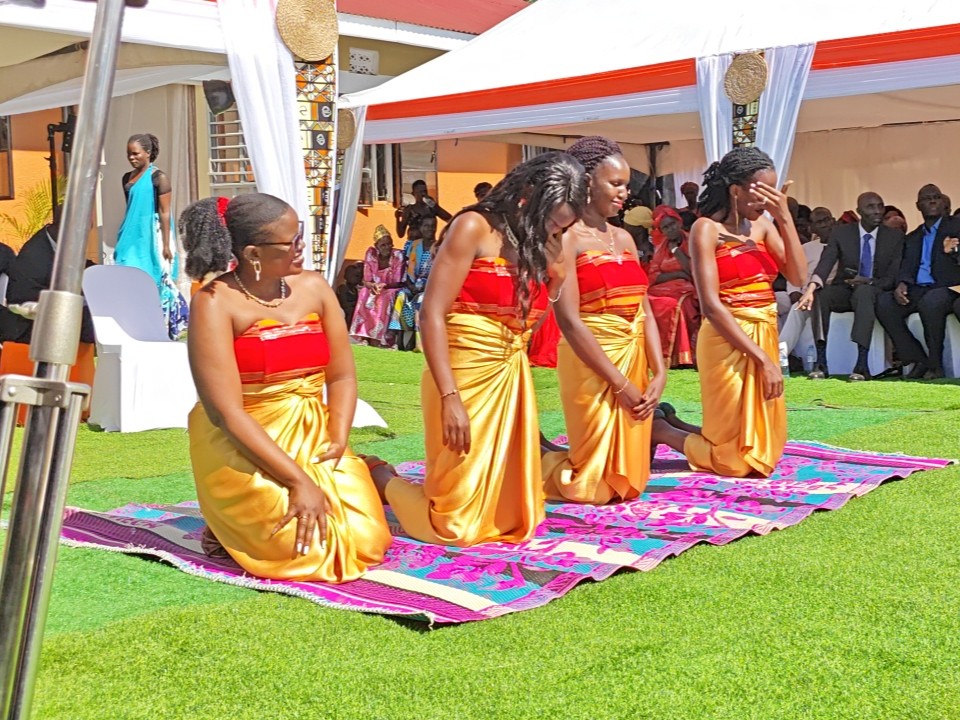Clans & Social Structure of Lango
The Lango Sub-Region is home to a vibrant social structure anchored by 148 registered clans under the Lango Cultural Foundation. These clans form the backbone of Lango society, governing marriage, community life, and traditional leadership. This page explores the intricate clan system, social organization, and cultural practices that define the Lango people.



